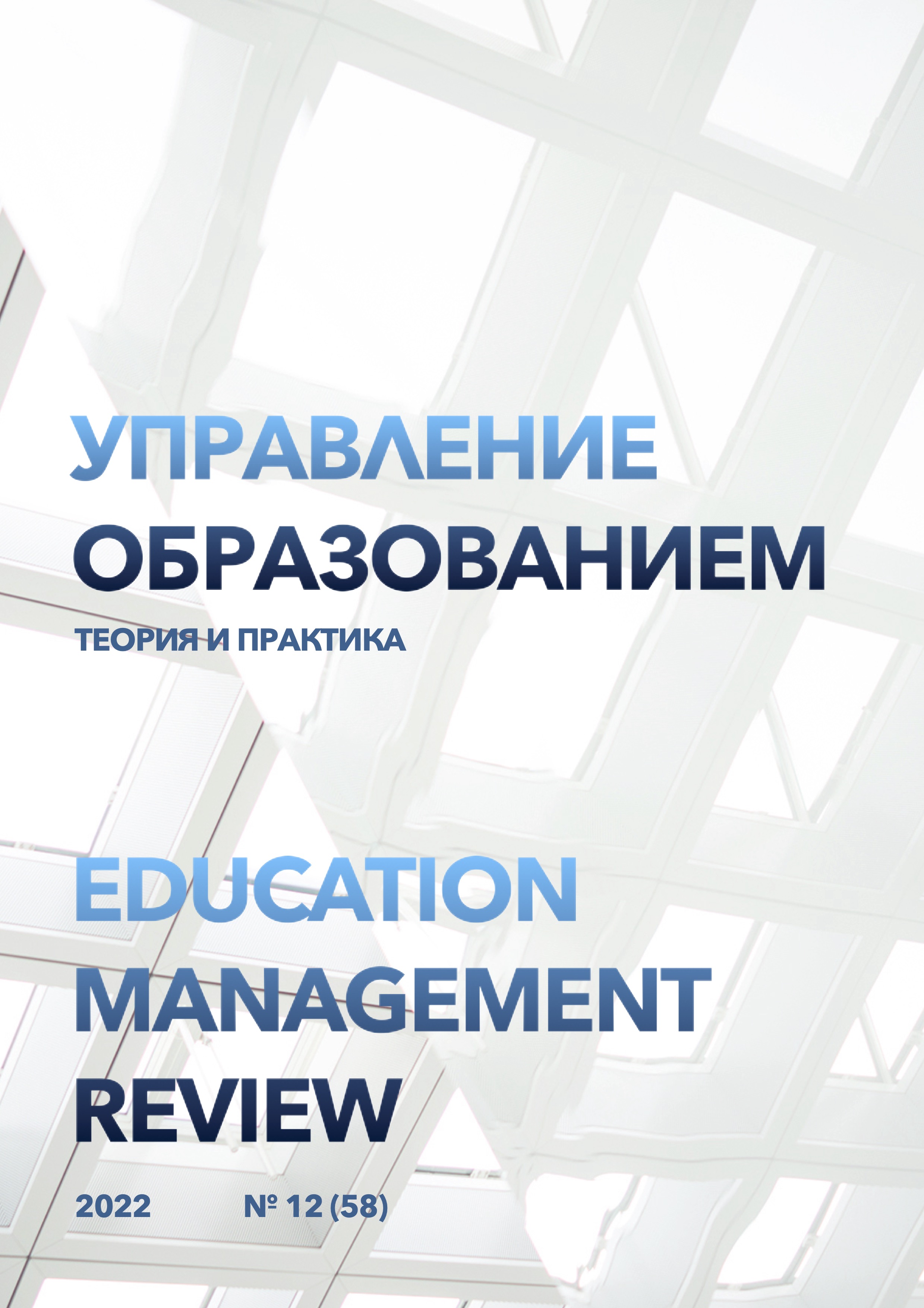Linguodidactic foundations of the development of speech skills of secondary school students in Russian language lessons in secondary school
DOI:
https://doi.org/10.25726/k6353-8118-4877-qKeywords:
Russian language, speech development, language system, literary languageAbstract
The article is devoted to the linguodidactic foundations of the development of speech skills of secondary school students in Russian language lessons in secondary schools. The relevance of the research is due to the new tasks that are set before the modern school – the formation of students' skills to independently build oral and written statements of various genres that they need in the learning process and future activities. Speech development is an element of the formation of a person's spiritual culture, which ennobles his life, enriches the sphere of communication with other people. The concepts of speech varieties are laid down in elementary school. Starting from the 5th grade, students' knowledge is deepened in the process of working on the topic "Types of speech" (narration, description and reasoning). Students learn to recognize speech types by characteristic features, to determine by the wording of the topic which type of speech should be the basis of the work, to build texts of a given type of speech. Considering the above, all three types of speech aim to teach students to properly master the skills to build coherent statements, communication situations involving the formation of a comprehensively developed personality. The authors point out the importance of speech development for the formation of a spiritually rich speech personality, methodists have always focused their attention.
References
Зинина Т.Ф. Инновационные подходы к преподаванию русского языка // Молодой ученый. 2016. № 8 (112). С. 957-960.
Ксензова Г.Ю. Перспективные школьные технологии: Учебно-методическое пособие. М.: Педагогическое общество России, 2000. 224 с.
Лернер И.Я. Дидактические основы методов обучения. М., 1981.
Лопатин В.В. Малый толковый словарь русского языка. М.: Рус. яз., 1993. 740 с.
Лорсанова А.А. Методы интерактивного обучения на уроках русского языка в новой школе // Образование и воспитание. 2016. № 1 (6). С. 8-11.
Машарипова У.А. Роль инновационных технологий в развитии речи младших школьников // Молодой ученый. 2013. № 4 (51). С. 580-582.
Сергеева Н.Н., Соловейчик М.С., Капинос В.И. Развитие речи: теория и практика обучения: 5–7 классы: кн. для учителя. М.: Линка-пресс, 1994.
Сиротинина О.Б. Русская разговорная речь: Пособие для учителя. М.: «Просвещение», 1983. 125 с.
Щерба Л. Преподавание иностранных языков в средней школе // Общие вопросы методики. 2-е изд. Москва, 1974. С. 81.




